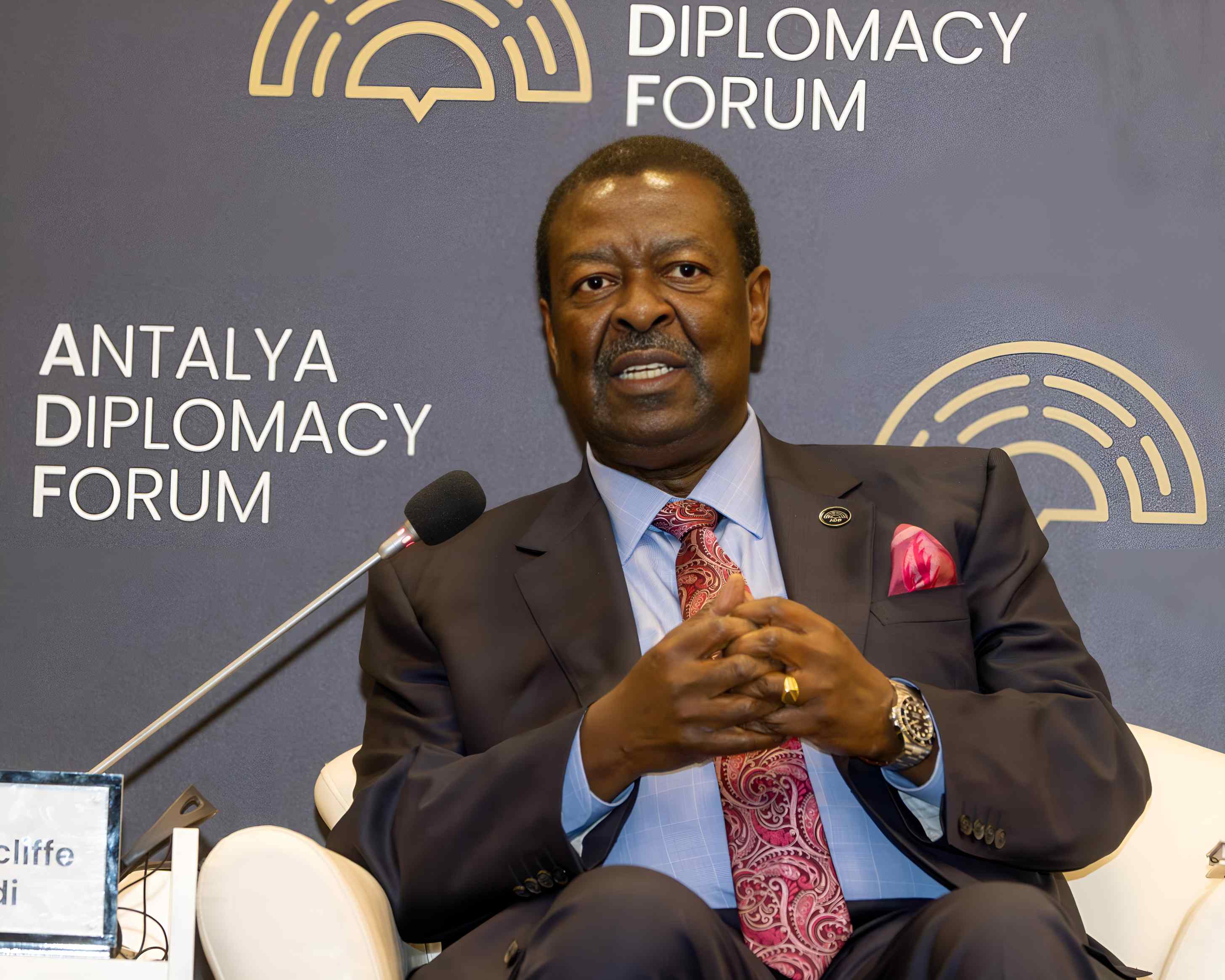Youths most affected as over 1,000 Kenyans languish in foreign jails

Mudavadi said government missions are working to support Kenyans facing legal challenges overseas.
Prime Cabinet Secretary Musalia Mudavadi has urged lawmakers to support public awareness efforts to educate Kenyans travelling overseas, amid growing concerns about the rising number of citizens detained in foreign countries.
Speaking in the National Assembly during Question Time, Mudavadi responded to a question from West Mugirango MP Stephen Mogaka, who sought clarity on the government's actions following the arrest of Chris Anyuga Barake in India last year on allegations of online fraud.
The Prime CS, who also heads the Ministry of Foreign and Diaspora Affairs, revealed that over 1,000 Kenyans are currently being held in prisons abroad, facing both minor and serious charges.
He attributed the growing trend to limited awareness of legal systems in other countries, particularly among the youth.
"It is not our wish to see these Kenyans languishing in various places," he told Parliament.
"I would like to urge that as leaders, we must engage in a collective campaign to convey messages of awareness, especially to the young people."
According to Mudavadi, approximately 70% of those detained are young people who travel without sufficient knowledge of foreign laws.
He emphasized the importance of civic education before departure and called for joint efforts by leaders to educate citizens seeking employment or relocation abroad.
He said government missions are working to support Kenyans facing legal challenges overseas, particularly by providing translators in countries where English is not spoken.
"For Kenyans in conflict with the law, the Missions facilitates them with the services of a translator, more so in non-English speaking countries to ensure they understand the court proceedings," said the Prime CS.
In addition to translation services, Mudavadi noted that staff from Kenyan missions sometimes attend court proceedings to observe and ensure the detainees' rights are respected.
"In certain cases, Mission staff attend court hearings. While they do not offer legal representation, they monitor the cases to ensure the right to a fair trial is not violated, and keep their families updated on progress," explained the PCS.
He expressed concern about delays in communication between detained individuals and their families back home.
This, he said, often reduces the chances of timely intervention.
"Time in such cases is critical; by the time loved ones back home realize it, it may be too late to help," he said.
To address the situation more broadly, Mudavadi told MPs that the government is implementing a range of solutions, including legal support frameworks and improved outreach by foreign missions.
He said the Department of Diaspora Affairs has established a structure that aims to equip Kenyans with legal information and guidance before they travel.
"We have also introduced mobile consular services and outreach programs to reach more Kenyans in remote areas far from our embassies. Additionally, the Department of Diaspora Affairs has developed a legal aid and information framework to equip Kenyans going abroad with essential information about their destination country," he said.
The Foreign Affairs Ministry is also engaging in bilateral talks to secure better protection for Kenyans working overseas.
Mudavadi assured lawmakers that the government is committed to safeguarding the welfare of all citizens abroad through agreements that promote fair treatment and provide assistance where needed.
He stressed that avoiding legal trouble abroad starts with awareness at home.
With most cases involving young people, he insisted that MPs, as community leaders, have a role to play in making sure their constituents are well-informed before they embark on journeys overseas.
Mudavadi's remarks come at a time when the number of Kenyans migrating for work or education continues to rise.
His call to action places responsibility not only on government departments but also on local leaders to bridge the information gap and reduce the number of preventable arrests in foreign countries.
